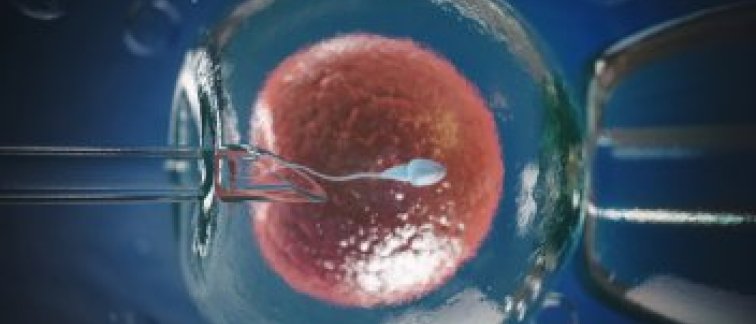Foreign clinics are using all kinds of methods and techniques on a large scale that are supposed to increase the chance of a healthy baby. Through clever marketing, they entice patients to use these so-called 'help' techniques, which earn them a good profit. Whether the methods work is often not proven, writes clinical embryologist Sebastiaan Mastenbroek in the leading medical journal New England Journal of Medicine.
Sometimes these techniques even reduce the chances of a successful pregnancy. Mastenbroek and colleagues argue that the early introduction of these types of methods into practice, without good evidence that they are effective, disadvantages patients. This leads to unnecessary risks and costs.
No evidence Take, for example, Preimplantation Genetic Screening (PGS). After artificial insemination, a few cells are taken from each of the resulting embryos to examine the genetic material. Embryos with an abnormal number of chromosomes are not returned to the womb. This would increase the chances of having a baby. However, studies show that PGS does not increase the number of pregnancies after ivf at all and sometimes even decreases it. For 10 other 'help' techniques that prospective parents can currently choose from, the same applies: there is no evidence that they increase the chance of having a baby.
Amsterdam Reproduction & Development

December 9, 2021
